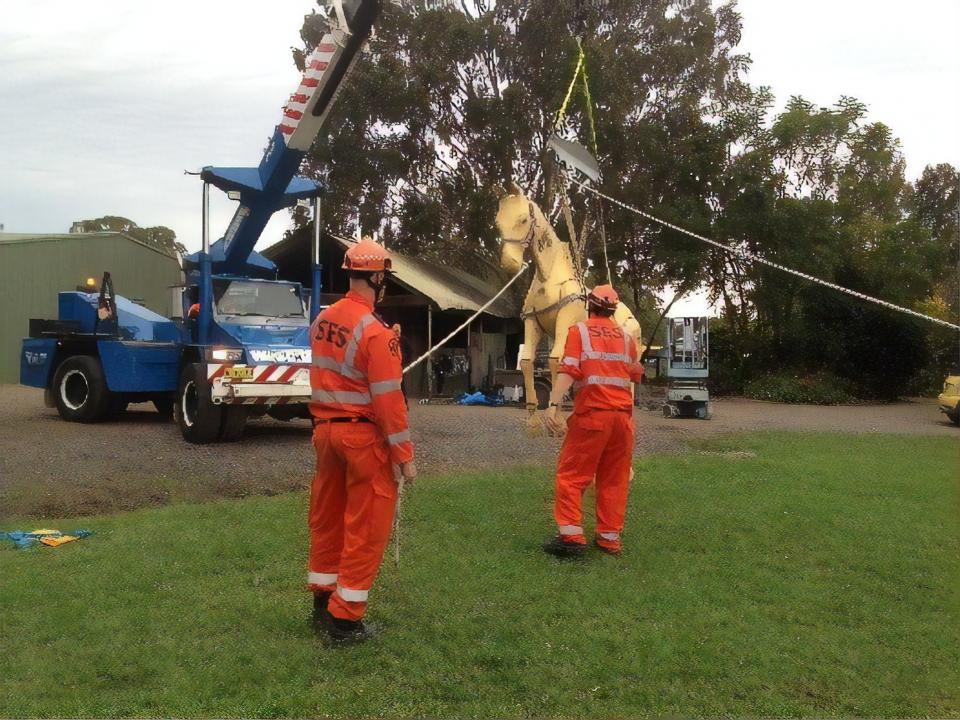Student researcher
Despite the plethora of international plans, guidelines, legislation and the increasing body of supporting academic literature regarding Animal Welfare Emergency Management (AWEM), New Zealand research remains relatively scant. Much of the international research has focused on animal owners and their failure to evacuate, their risk-taking to save animals, and the emotional impacts of animal loss but not on the importance of AWEM multi-agency collaboration. However, in Australia, various reports including the 2009 Victorian Bushfires Royal Commission identified the need for improvements in animal response coordination within the larger emergency management framework which will require improvement in multi-agency collaboration. We know from broad emergency management research that collaboration between agencies is fundamental for managing integration and the coordination of systems during all phases of a disaster. Therefore, there is a need for research that understands the distinctive operational, social, political and economic factors in New Zealand that influence the various stakeholders who encounter the human-animal interface in emergencies. This project uses a case-based approach of a flood and fire in New Zealand to explore the key issues that are impacting effective multi-agency collaboration for AWEM. The outcome will be the development of a comprehensive AWEM framework which will enhance multi-agency collaboration who experience the human-animal interface in emergencies.
| Year | Type | Citation |
|---|---|---|
| 2018 | Journal Article | An integrative review of the 2017 Port Hill fires' impact on animals, their owners and first responders’ encounters with the human-animal interface. Australasian Journal of Disaster and Truma Studies 22, (2018). |



